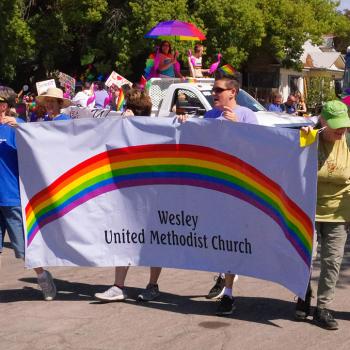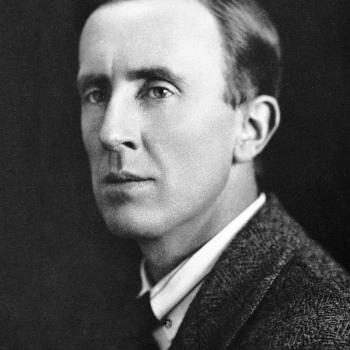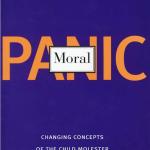The call for a “true world political authority” appears in paragraph 67: “a reform of the United Nations Organization, and likewise of economic institutions and international finance, so that the concept of the family of nations can acquire real teeth.”
To understand this, I think, we have to read it in the light of a call for universal empire, which has been in the Catholic lexicon for a long, long time. The counter-theme of individual sovereign states has been in the Catholic lexicon for a while, too, and the encyclical might have entered here into an interesting discussion of that disagreement in modern Catholic thought. But, as things stand, I can’t imagine a worse time simply to demand universal empire without explanation, or a worse body than the United Nations to entrust with it.
The first naiveté, in Benedict’s version, is the notion that the UN could somehow be “regulated by law” when it itself would be the law, once it had eliminated the individual states (against which the encyclical sets itself when it complains of the UN weakened by “the balance of power among the strongest nations”).
The second naiveté is about the Church, which, in medieval and Renaissance calls for empire, stood as the extra-governmental institution that balanced the state. Now and for the foreseeable future, the Church is detested by the bureaucrats of the UN empire. It’s crazy of Benedict to think that international organization won’t move, with its power, to abolish as much of the Church as it can.
Let’s see, how about a universal right to abortion? How about hate laws that count against Catholics but somehow few others? Here’s a simple and, in fact, quite likely one: How about the great cathedrals all declared “Artistic Property of Mankind,” with ownership and “use oversight” given to UNESCO?
Does Benedict really think that world government would give us “the construction of a social order that at last conforms to the moral order”? Perhaps so.
Just as there is one totalizing universal church, there would be one totalizing universal secular authority. In this mindset, the Roman Empire is a good thing, the model for the Holy Roman Empire of Luther’s day. In its secular form, this concept manifests itself in the various attempts to take over the world–from Alexander the Great through Napoleon through Western imperialism through Marxist internationalism– as a good thing, not as illegitimate acts of oppression.
Opposed to this view would be the decentralized governments of the Greek city-states, the Roman republic, the free medieval cities, the German principalities of Luther’s day, the nation state, and American federalism.
But I guess the Imperial option, as in the dream of many leftists for a one-world government, is still there. We will probably be seeing more of it, if the world economy and social order continues to slide. Now it has the sanction of the Pope.
But how can an Empire be a good form of government, with the authority being so far removed from the people being governed? How could it not be tyrannical?
















